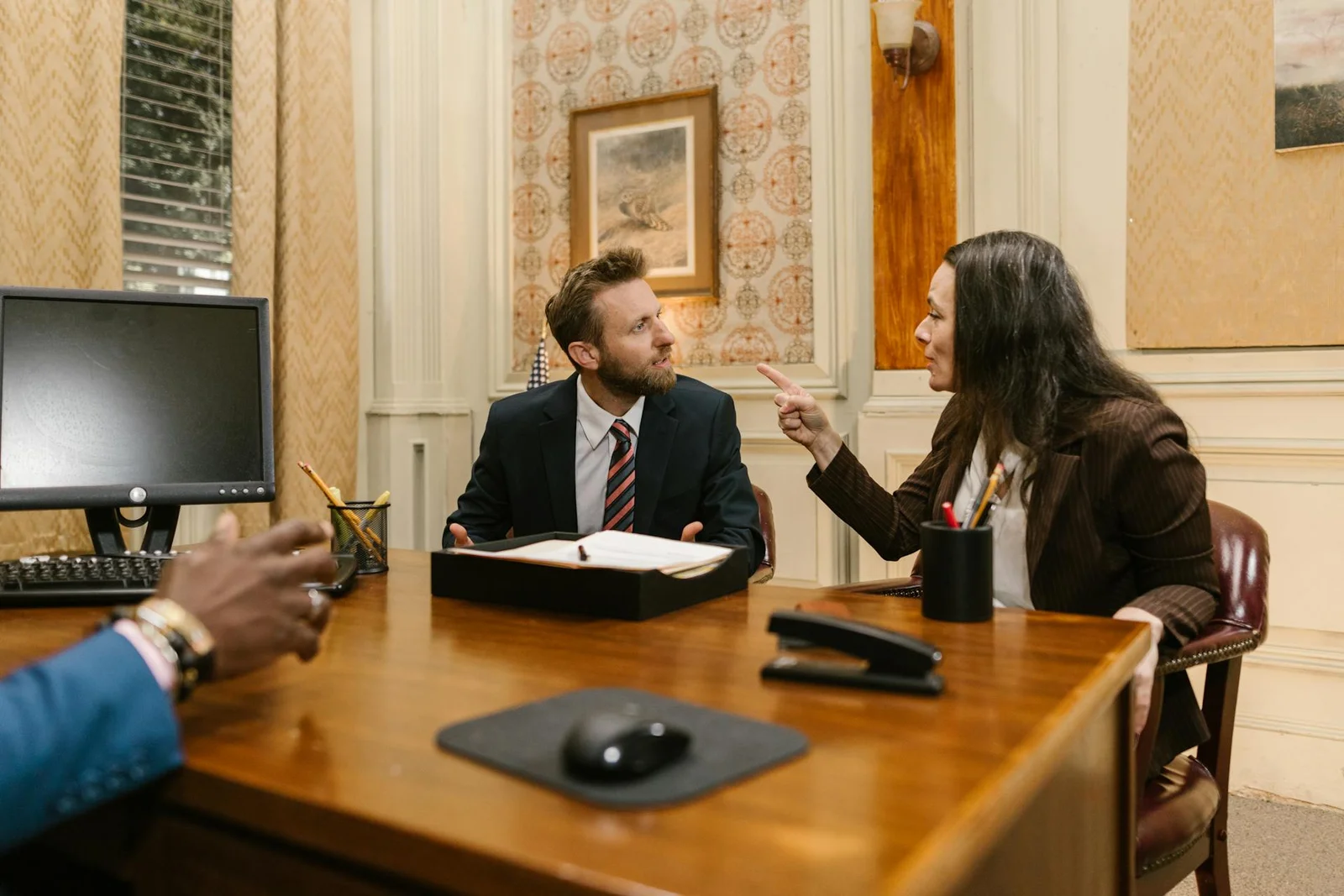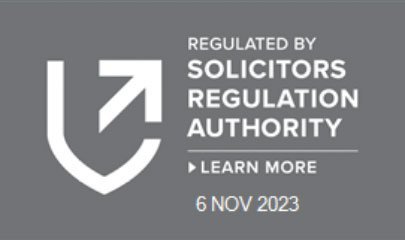Grounds for divorce – the old regime
Prior to 6 April 2022, a divorce could only be obtained on the following grounds:
- unreasonable behaviour;
- five years of separation;
- desertion;
- two years of separation; or
- adultery.
Under the pre-6 April 2022 regime, it was possible to proceed without the other spouse’s consent if the application was made on the grounds of unreasonable behaviour, five years of separation or desertion. However, divorcing on the basis of two years of separation required consent from the other spouse. It was therefore usually preferable to amend the application to unreasonable behaviour or desertion or wait until five years of separation. Similarly, adultery did not require consent, but it did require an admission from the other spouse, making unreasonable behaviour a preferable basis for the divorce application.
Grounds for divorce – the new regime
On 6 April 2022 the Divorce, Dissolution and Separation Act 2020 came into effect, changing the legal regime and bringing the concept of a no-fault divorce into English law. This means that there is no longer a need to prove wrongdoing by the other party under one of the five grounds that existed previously. Instead, they need only make a statement that the marriage has irretrievably broken down, and this will be taken as conclusive evidence for the court to make an order for divorce.
The divorce process
Following 6 April 2022, an application for divorce may be made jointly, or by a sole applicant. Couples may make a joint application for divorce if they both agree that they should get a divorce and neither spouse is at risk of domestic abuse. Both parties will be asked at each stage of the process if they wish to continue with the application. Even if the other spouse stops responding, one spouse will be able to continue the process as a sole applicant.
An individual (the ‘applicant’) may need to make a sole application if their spouse does not agree that they should get a divorce, or if they believe that their spouse (the ‘respondent’) is unlikely to cooperate with the proceedings.
Once a sole application is made, the respondent will be sent notice of the divorce proceedings and an acknowledgement of service form which they must respond to within 14 days. Here, they will have the opportunity to state whether they agree with the divorce or not. The respondent will have to complete an answer form providing a genuine legal reason why the divorce should not be allowed. This will have to be one of the following reasons:
- the marriage was not legal in the first place;
- the courts of England and Wales do not have jurisdiction to deal with the divorce; or
- the marriage has already legally ended.
Without one of these reasons, the respondent spouse will not be able to dispute the divorce.
If the spouse does not respond to the acknowledgement of service within the specified timeframe then, as long as the court agrees that they have received the application, the applicant may still be able to proceed with the divorce by obtaining a Conditional Order. This is a document which says that the court does not see any reason why the divorce should not go ahead. There will be a minimum 20-week wait from the date the court issued the divorce application to the date when it is possible to apply for a Conditional Order. On receipt of a Conditional Order from the court, there is further, a mandatory 43 days (6 weeks and 1 day) wait before the applicant may apply for a Final Order, which formally ends the marriage.
There may be difficulty in proving that your spouse has received the application if they are not responding, but you can show the court you have made all reasonable attempts to inform your spouse of the proceedings by:
- Checking directly with your spouse – it is possible that they have missed the documents in error;
- Applying to the court for deemed service – if they have not signed the acknowledgement of service but there is other evidence that they have seen it;
- Sending divorce papers directly to your spouse, ideally using a process server – they will usually be able to track your spouse down and will provide a certificate of service which can be shown to the court as evidence of service;
- Using an alternative service method with the court’s permission – for example, serving the documents at the address of a relative with whom your spouse may be staying.
If you can show the court that you have made all reasonable attempts to serve the legal documents to your spouse, you may apply for dispensed service, which removes the need for service altogether.
How we can help
The ability to get a no-fault divorce has significantly limited a respondent’s ability to dispute divorce proceedings so that it is now only possible to challenge a divorce on technical legal grounds. This change to the divorce regime has alleviated much of the stress that can be caused when a spouse refuses to accept a divorce. Our experienced divorce lawyers at Allard Bailey can guide you through this sensitive time and assist with all aspects of divorce proceedings.
































































